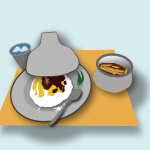Restaurant in Iran

| English | Pronunciation | Farsi | Sound |
|---|---|---|---|
| Restaurant | resturân | رِستوران | |
| menu | meno | مِنو | |
| bill | surathesâb | صورَتحِساب | |
| food | qâzâ | غَذا | |
| drink | nušidani | نوشیدَنی | |
| Iranian food | qazâye Irani | غَذای ایرانی | |
| local food | qazâ-ye mahalli | غَذای مَحَلّی | |
| sea food | qazâ-ye daryâyi | غَذای دَریایی | |
| vegetarian food | qazâ-ye giyâhi | غَذای گیاهی | |
| salad | sâlâd | سالاد | |
| soup | sup | سوپ | |
| meat | gušt | گوشت | |
| chicken | morq | مُرغ | |
| rice | berenj | بِرِنج | |
| vegies | sabzijât | سَبزیجات | |
| fruit | mive(h) | میوه | |
| what would you like to eat? | či meyl dârin? | چی مِیل دارین؟ | |
| what would you like for drink? | nušidani či meyl dârin? | نوشیدَنی چی مِیل دارین؟ | |
| would you like to try this dessert? | dust darin in deser ro emtehân konid? | دوست دارین دِسِر رو اِمتحان کنید؟ | |
| what do you suggest? | pišnahâd-e šomâ čiye(h)? | پیشنهادِ شُما چیه؟ |

